Former Top Gear host blames ‘misinformation’ for EV sales slowdown
A former Top Gear host has blamed “misinformation” for plummeting EV sales, claiming consumer demand is “being held back by myths”.
A former Top Gear host has blamed “misinformation” for the slowdown in electric vehicle sales and called on the UK government to “manage consumer sentiment” as it seeks to abolish traditional petrol and diesel cars over the next 10 years.
Quentin Willson, one of the original hosts of the popular BBC motoring program in its first incarnation from 1977 to 2001, now leads the EV campaign group FairCharge.
Speaking before a session of the UK parliament’s Transport Committee last month, the former car dealer and journalist turned lobbyist blasted the “torrent of stuff from right-wing and vested interests” for putting the brakes on consumer appetite for EVs.
The panel heard evidence from several experts about whether the UK’s goal of banning internal combustion engine (ICE) vehicles by 2035 — originally slated for 2030 — was “realistic and achievable”.
“It is achievable but it is being held back by myths, misinformation and disinformation,” Willson said.
“Consumers need to have confidence in electric cars, they need to want to buy them, because if they don’t, manufacturers won’t sell them and there is this self-destructive fulfilling circle where we don’t get consumer interest to drive the market forward. As a campaign group we counted one tabloid newspaper that had 160 continuous anti-EV stories without a break, and we see this also in the broadsheets.”
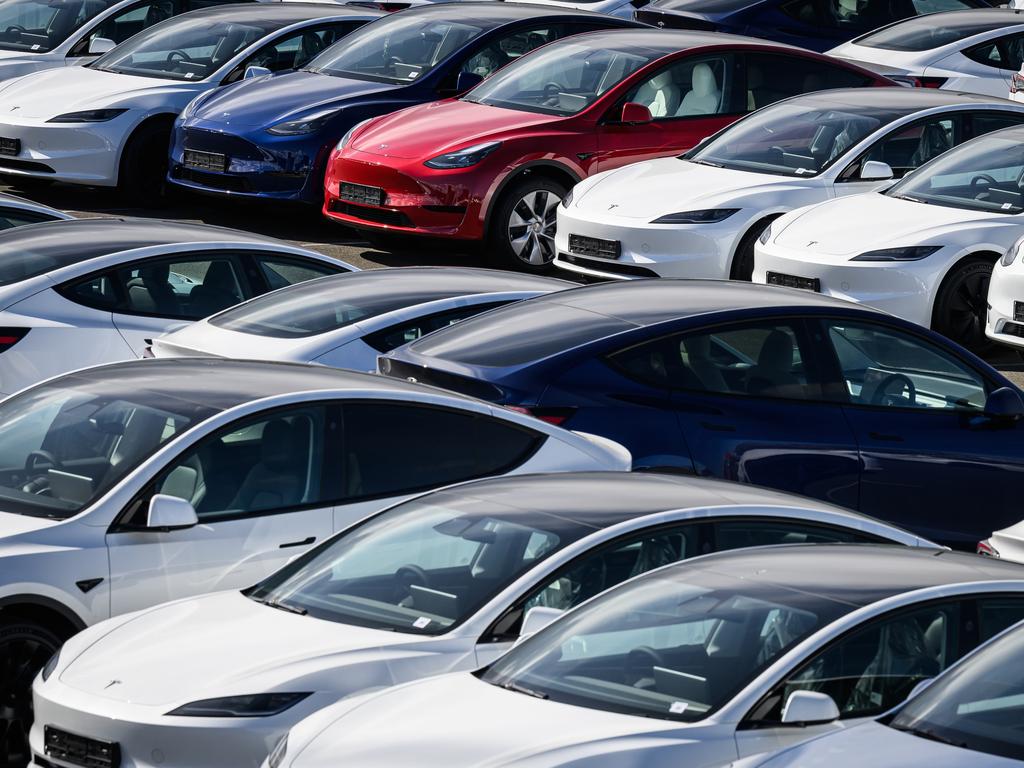
Willson insisted that “in terms of the technology, the cars work”.
“We have over a million electric battery only and plug-in cars on our roads, and people have happily folded them into their lives and you see them strobing up and down the motorways, London is now full of them,” he said.
“Long term their viability as a technology is not in question, what is in question is how we manage consumer sentiment and awareness of the advantages and negatives of electric cars. But I believe that by 2035 if we enact the right policies and the right information for consumers it will be achievable.”
Similar to Australia’s New Vehicle Emission Standard (NVES), which will force car manufacturers to sell a greater proportion of cleaner, greener vehicles like EVs and hybrids starting next year, the UK’s Zero Emission Vehicle (ZEV) mandate requires 52 per cent of new cars to be EVs by 2028, rising to 80 per cent by 2030 and 100 per cent by 2035.
But concerns about range, charging infrastructure, higher insurance premiums, resale value, battery life and replacement costs, have led to a marked slowdown in EV sales.
In Australia, April car sales data showed a 5.1 per cent year-on-year decline in EV sales, led by a massive drop for market leader Tesla.
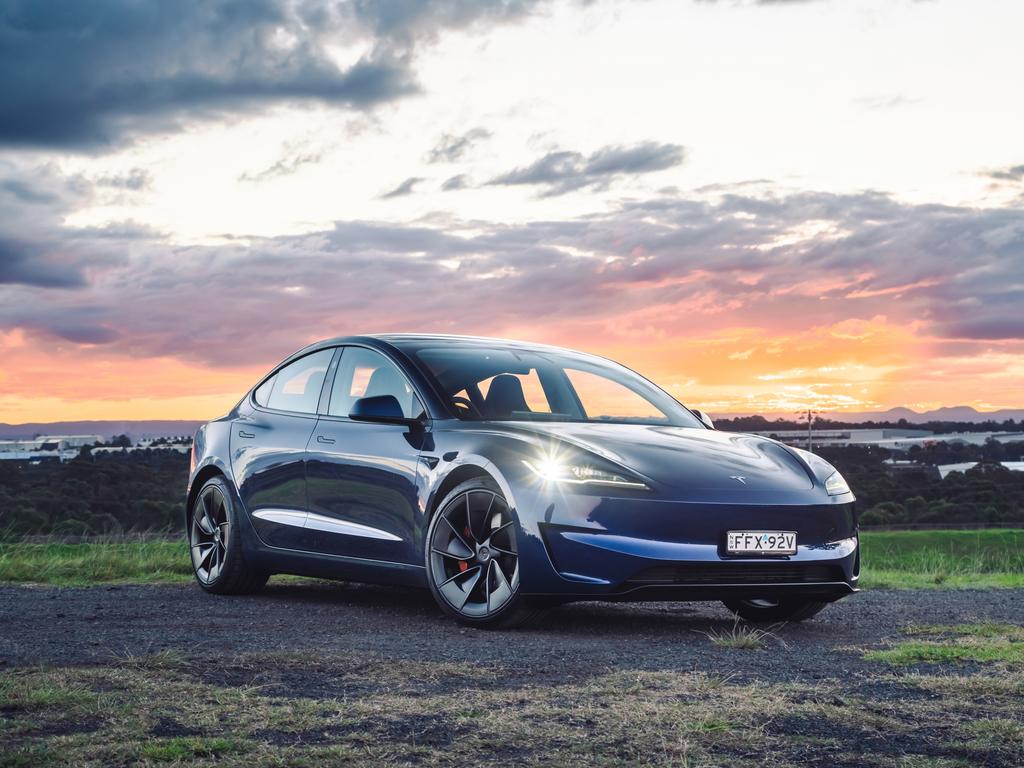
Labor has slashed its forecast for take-up of EVs. Prior to the 2022 election, it predicted EVs would make up 89 per cent of new car sales by 2030 — now it believes they will only make up 27 per cent.
In the UK, headline figures showed surging demand for EVs to reach 16.9 per cent market share in April, but this was “sustained entirely by business buyers, as private retail demand continues to drop”, according to the Society of Motor Manufacturers and Traders (SMMT).
EV sales in the UK are being propped up by “fleet” purchases courtesy of massive government subsidies that allow employees to write off the cost of leasing against income tax.
“While the overall increase in BEV demand is positive, urgent action is needed to re-enthuse private buyers into switching,” the SMMT said last month.
“Fewer than one in six new BEVs bought in April went to consumers, whose uptake volumes fell by 21.9 per cent. Given tax incentives are proven to deliver a rapid shift to BEVs in the fleet market, providing private buyers with a similar level of support would accelerate an overall market shift, fuel economic growth and deliver a sustainable, fair transition.”
The motoring body has called for temporarily halving the 20 per cent Value Added Tax (VAT) on new EV purchases, a move it says would “help more than a quarter of a million drivers to switch from fossil fuel to electric over the next three years”.
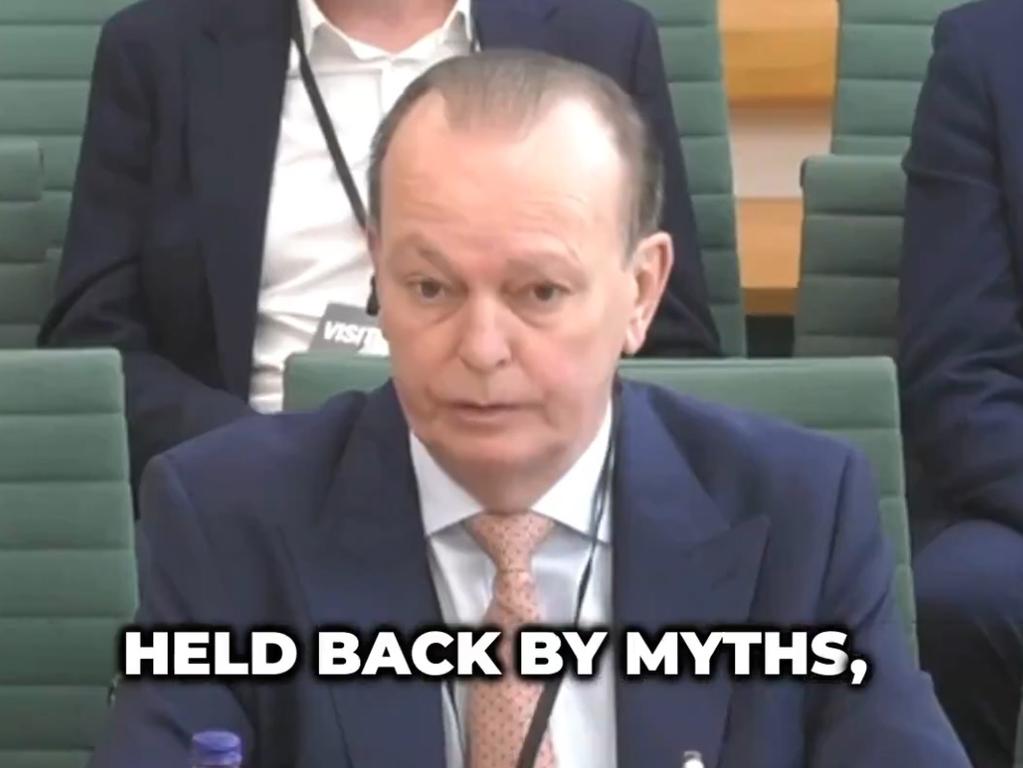
The SMMT has also called for changes to the threshold for the “expensive car” supplement to the Vehicle Excise Duty — similar to Australia’s Luxury Car Tax (LCT) — to “send the message to the market that zero emission vehicles are necessities, not luxuries”.
Speaking before UK parliament, David Wong, head of technology and innovation at the SMMT, noted that the ZEV mandate was “essentially a supply-side measure”.
“It compels the supply of the vehicles, but there is nothing on the other side of the fence to compel consumers to purchase those vehicles,” he said.
“Pushing back the end-of-sale date from 2030 to 2035 doesn’t help because, on the supply side, manufacturers are obliged to bring a certain percentage of vehicles to the market, in increasing measure, every year until 2030 … but on the demand side the message that is being sent to consumers, unfortunately, is that they have a five-year stay of execution, so to speak, and they can delay their purchase for another five years, all the way to 2035. That misalignment between the supply and demand sides does not help.”
Willson said there were “a lot of policy levers we can pull”, such as reworking the expensive car supplement, abolishing road tax for EVs, or offering free parking as in Norway.
But he stressed “it is the misinformation that really puts people off”.
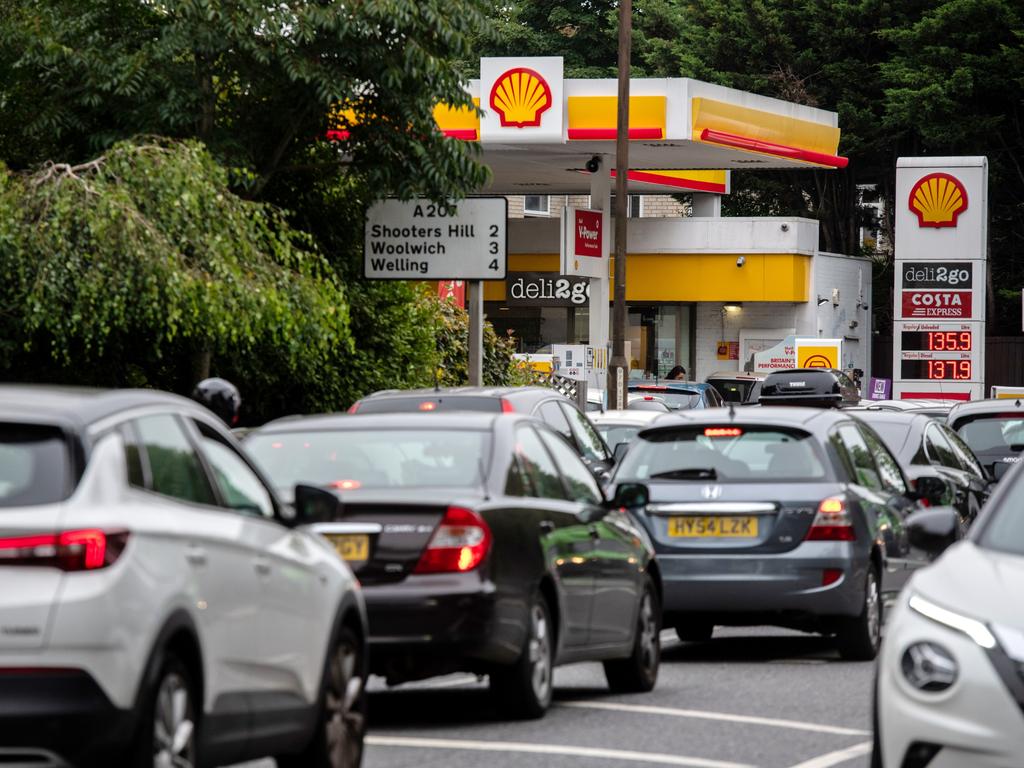
“They are not even considering buying an electric car, or even inquiring about price, because they read this torrent of stuff from right-wing and vested interests,” he said.
“That would be a really important policy lever that we need.”
He called for greater “myth-busting” by the Department for Transport (DfT) to “make consumers aware that these cars are reliable”. “They don’t catch fire,” he said. “The batteries don’t fail. They work. People are driving them happily … Misinformation is destabilising consumer demand, destabilising industrial policy and destabilising the industry.”
The ZEV mandate is a key pillar of Prime Minister Rishi Sunak’s 2050 net zero target.
The UK government has stepped up its war on “misinformation and disinformation” in the wake of the Covid pandemic, including via the passage of a new Online Safety Act in January that criminalised “fake news intended to cause nontrivial harm” — although recognised news publishers and broadcasters are exempt under the legislation.
In February, the UK parliament’s upper house accused Mr Sunak of failing to adequately tackle EV misinformation. The 126-page report from the House of Lords-appointed Environment and Climate Change Committee (ECCC) was scathing of the government’s “mixed messaging” on the EV transition.
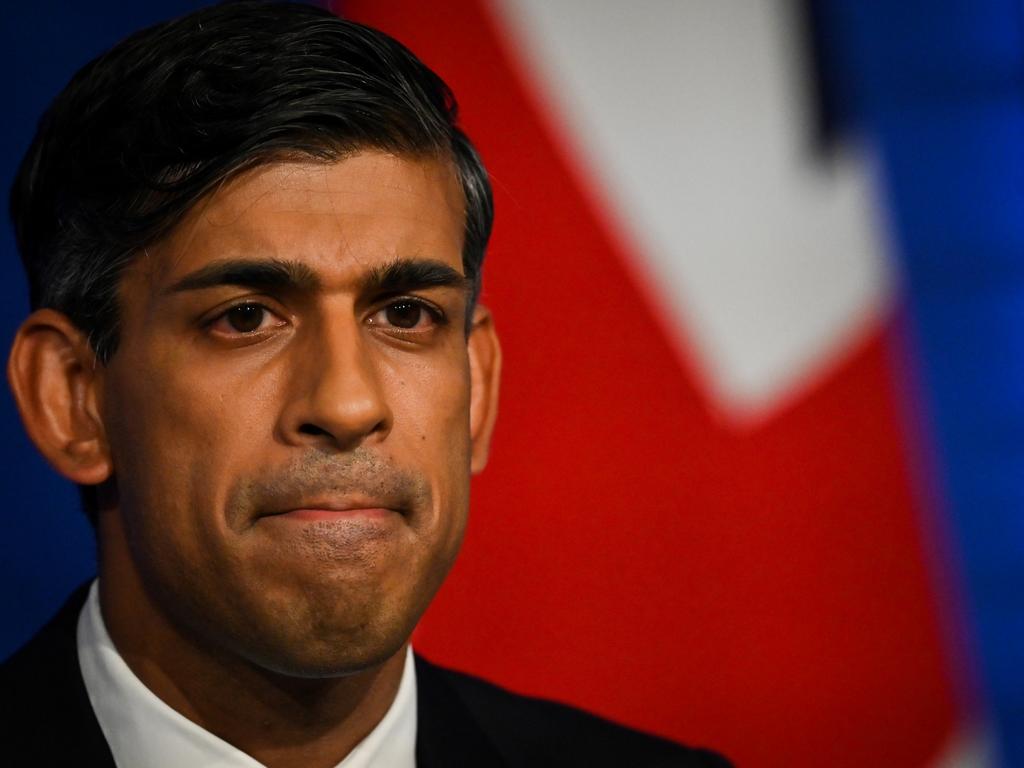
Speaking in September to announce the delay of the petrol and diesel car ban to 2035, Mr Sunak conceded that reaching net zero was “going to be hard”.
“People are already choosing electric vehicles to such an extent that we’re registering a new one every 60 seconds,” he said. “But I also think that at least for now, it should be you the consumer that makes that choice, not government forcing you to do it. Because the upfront cost is still high — especially for families struggling with the cost of living.”
Immediately following Mr Sunak’s speech, the number of people claiming they would never buy an EV nearly doubled to 37 per cent, according to a survey by AutoTrader.
More Coverage
“By emphasising the costs while failing to stress the benefits and robustly counter misinformation, the government is not building public confidence,” the ECCC said in its report.
“The concern the government expressed to us about the scale of misinformation has not been matched by commensurate urgency in tackling it. Faced with conflicting claims and alarmist headlines, consumers need a go-to source of comprehensive, clear and balanced information so they can make informed decisions about their vehicles. The government must develop a communication strategy in collaboration with industry and consumer organisations to provide this resource.”






